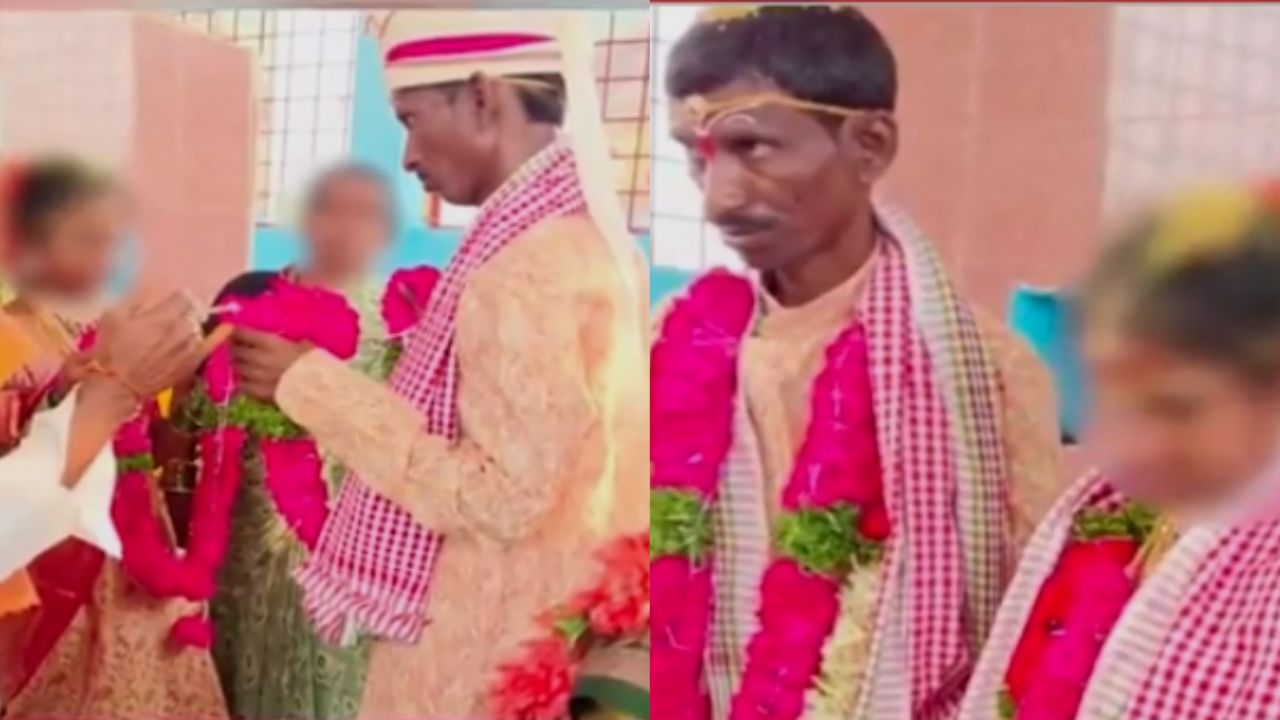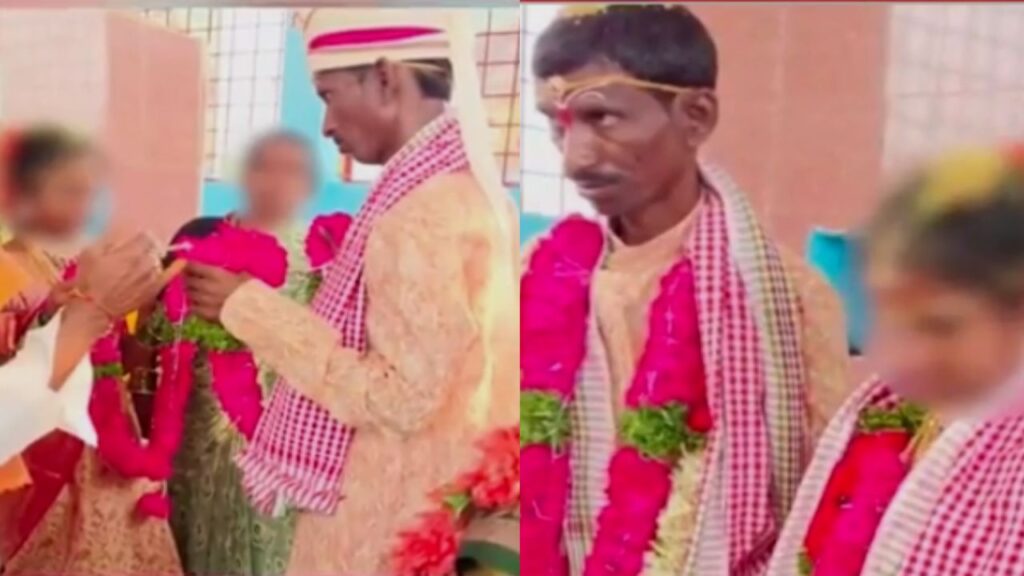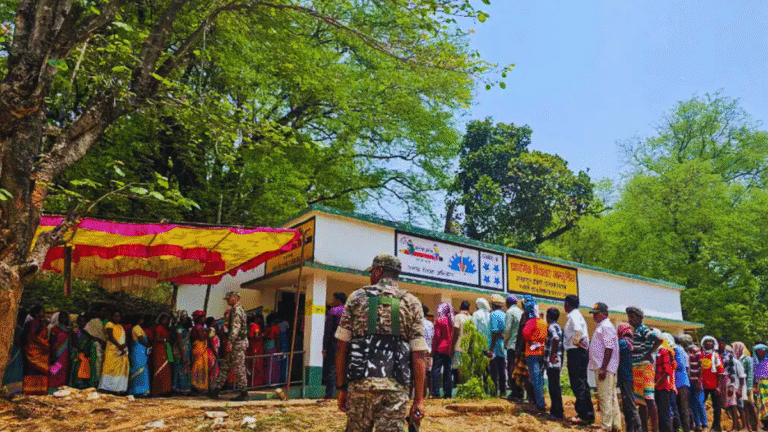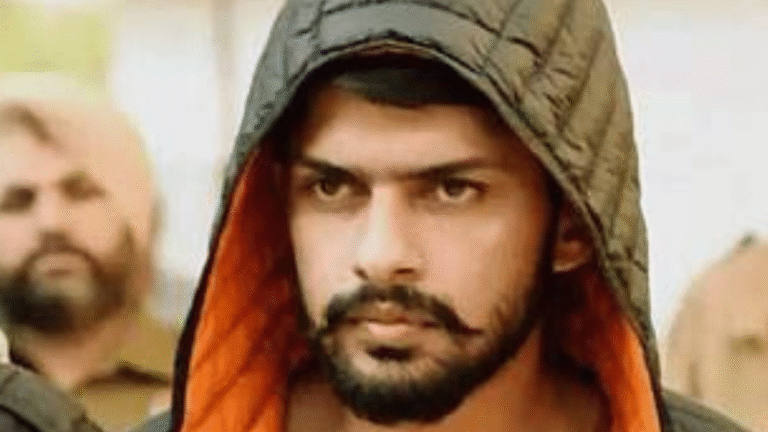
Married Telangana Man, 40, Sparks Outrage After Marrying Class 8 Student: Here’s What We Know
In a deeply disturbing and shocking incident that has sparked outrage across Telangana and beyond, a 40-year-old married man has been accused of illegally marrying a Class 8 girl, raising serious concerns about child protection, law enforcement, and societal negligence.
The incident took place in a remote village in Telangana’s Mahabubnagar district, where the man, who is reportedly already married and has children, allegedly solemnized a second marriage with a 14-year-old girl. The marriage, which is in clear violation of the Prohibition of Child Marriage Act (2006), is now under investigation.
What Happened?
According to local sources, the man had been in contact with the minor girl for several months. Despite their age gap and the fact that the girl is still a student in Class 8, a private ceremony was reportedly conducted, where the two were declared “husband and wife.” The event was allegedly attended by a few villagers and relatives, raising questions about how such a marriage was allowed to proceed unchecked.
Local child rights activists were alerted after a video of the wedding ceremony surfaced on social media, showing the girl dressed in bridal attire beside the much older groom. The video went viral, drawing swift condemnation and prompting authorities to act.
Legal Violations
The incident is not just ethically and socially problematic — it is completely illegal.
Under Indian law:
- The legal age for marriage is 18 for women and 21 for men.
- The Prohibition of Child Marriage Act, 2006, criminalizes such unions.
- Additionally, if proven that the girl was coerced or manipulated, the man could also face charges under the Protection of Children from Sexual Offences (POCSO) Act.
Local police have filed an FIR and are currently interrogating both families involved, as well as community members who may have supported or facilitated the illegal union.
Police & Government Response
Mahabubnagar District Police confirmed that a case has been registered against the man under various sections of the IPC, POCSO Act, and Child Marriage Prohibition laws. The girl has been rescued and placed under the care of the Child Welfare Committee (CWC).
“We have taken the matter seriously and strict action will be taken against all those who participated or enabled this illegal marriage,” said a senior police official.
The District Collector’s office has also launched an inquiry into the role of local authorities and village heads, who allegedly failed to prevent the marriage despite being aware of it.
Public Outrage & Activist Reaction
Child rights organizations and women’s welfare groups have condemned the incident as a blatant failure of both social responsibility and legal enforcement.
“This is not just a crime — it’s a moral collapse. Marrying off a child is robbing her of education, dignity, and freedom,” said Anjali Rao, a Hyderabad-based child protection advocate.
Social media platforms have seen a flood of angry reactions, with users demanding swift justice, better community monitoring, and stricter enforcement of child protection laws.

Root Causes: Why Such Cases Still Happen
Despite numerous campaigns, child marriage remains a grim reality in rural India, often driven by:
- Poverty and illiteracy
- Gender discrimination
- Lack of awareness about laws
- Cultural norms and fear of social stigma
What’s more alarming is the complicity of families and communities that allow such illegal acts to go unnoticed — or worse, accepted.
What’s Next?
Authorities have promised:
- A fast-tracked investigation
- Counseling and rehabilitation for the minor
- Legal action against all adults involved, including parents, relatives, and the groom
- A village awareness drive to prevent similar incidents
This case is now a litmus test for the enforcement of child protection laws in India, and how seriously society is willing to act when those laws are blatantly violated.
This incident in Telangana serves as a chilling reminder of how children’s rights can still be trampled under the weight of outdated customs and irresponsible adults. While laws exist, they are only as effective as their implementation.
A child in Class 8 should be worrying about homework, not wedding rituals. It is now up to the system — and society — to make sure her childhood is given back, and that such horrors are never repeated.
Justice must not just be done — it must be visible, swift, and absolute.






